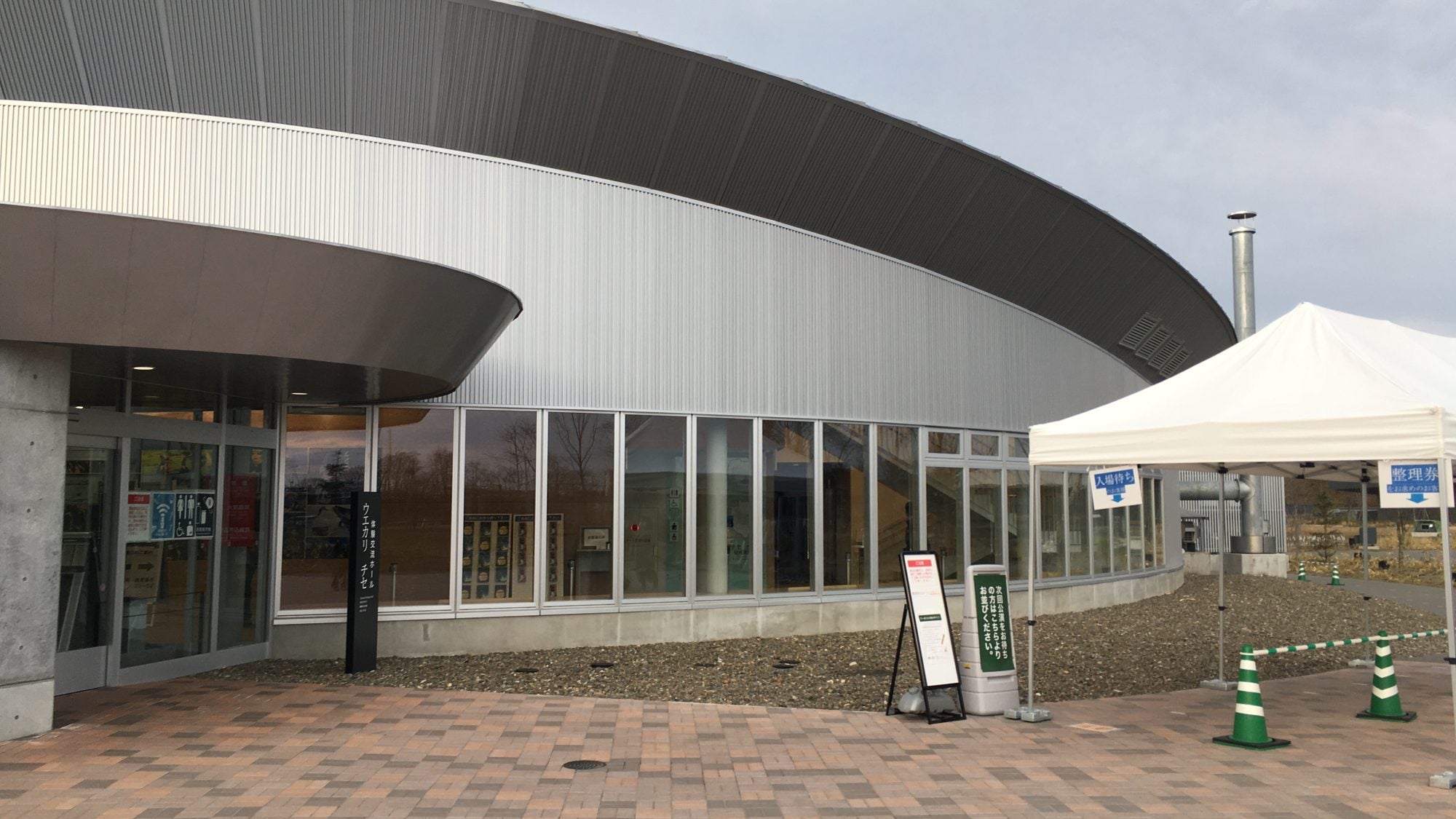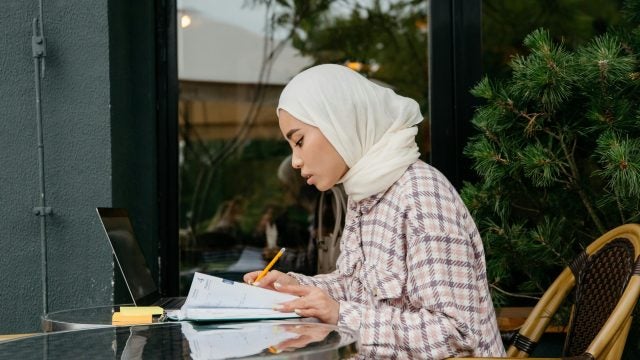
Title: The Ainu Policy Promotion Act and Culture-Centered Indigenous Policies in Japan
The Ainu Policy Promotion Act (APPA) of 2019 marked a milestone in Hokkaido, Japan, as it recognized the Ainu as Indigenous people of Japan and granted government subsidies for community and tourism development centered around Ainu culture. However, the Act’s limited focus on cultural tourism has not been enough to compensate for the economic and cultural losses that the Ainu experienced through colonization and assimilation policies. The current policy has neither empowered the Ainu community nor moved the Japanese polity to advocate for policies granting more substantial rights to the Ainu. The Ainu Policy Promotion Act needs to be revised to focus on historical reparations and include more concrete measures for Ainu’s autonomy in social and political affairs.
Ainu History, Tourism, and the Creation of APPA
The Ainu are Indigenous people of present-day northern Japan and eastern Russia. In the late nineteenth century, Japan pursued the annexation and development of the northern areas, stripping the community of their lands, resources, culture, and language as part of an imperialist agenda of assimilation. The Ainu have been disenfranchised and subjected to legislation limited only to culture and tourism ever since.
With Ainu culture experiencing unprecedented popularity in media and the efforts of Ainu cultural practitioners who collaborate to create new performances in film, television, and other platforms, there has been a surge of interest in Ainu culture. However, many Ainu musicians and artists are former employees of the Ainu tourism industry or the children of former or current employees. As a result, it is challenging to distinguish between cultural praxis, often expressed in for-profit activities, and activism.
On the eve of the passage of the Ainu Policy Promotion Act (APPA) in the Spring of 2019, Ainu Elder Yuji Shimizu expressed anger at the socioeconomic and political limitations of the culture-focused content of the law, fuming that he did not want each Ainu to “become a walking tourist banner.” The Ainu have disparagingly referred to those engaged in the Ainu tourism industry as “Tourist Ainu.” This expression reflects Ainu’s disapproval of having to “sell” the display of Ainu culture to escape poverty caused by colonial and assimilation policies.
Although some Ainu communities have taken ownership of the narratives and discourses in the tourism industry, there’s still a long way to go before recognition. Ainu are now fighting for their belief that genuine Ainu cultural praxis must be achieved through unfettered access to land and resources. In 2021, the Raporo Ainu Nation initiated litigation against the Japanese state to recognize the Ainu’s rights to harvest salmon in rivers, holding an international symposium that delivered the 2023 Raporo Declaration to advocate for the importance of access to land and resources as a condition to engage in cultural praxis. Only then will the Ainu be reinstated to the subsistence-based livelihood practices of their ancestors and establish a self-controlled economic base that would allow for the self-determination of culture and society. APPA is a step in the right direction but needs several revisions.
APPA and Its Shortcomings
APPA marked a milestone in identifying the Ainu as an Indigenous people of Japan for the first time. Using subsidies for community and tourism development initiatives centered on Ainu culture, it created opportunities for a long-sought Ainu economic foundation. The legislation also paved the way for Upopoy, the Ainu National Museum and Park established in Shiraoi Town. The advocates of the legislation had two goals: to use APPA as a vehicle for the Ainu to consolidate the economic means to carry out their culture independently and to gradually convince Japanese voters to advocate for more substantial rights, such as special Ainu seats in Parliament. However, five years of implementation have revealed several areas for improvement in the design of the legislation [1].
For instance, the legislation’s definition of culture is narrow, focusing only on its material manifestations and lacking a rights-based perspective that would include Ainu’s rights to, or financial reparations for, the lands and resources stripped from them during colonization. This has meant that only the opinions of the Ainu whose views align with those of the majority government are reflected in the federal funding applications, even if multiple Ainu groups exist within one municipality. Reports highlight that many municipalities compile submissions without consulting with local Ainu and requests for applications from local Ainu are refused.
Additionally, local municipalities have been using funds only to maintain the status quo, such as by rebuilding Ainu community halls, instead of supporting progressive human capacity-building projects like Ainu schools. This limited focus on a few cultural and tourism hubs has meant that Ainu are de facto limited in their employment prospects. Although Ainu’s annual income remains 25 percent below the national average and college education advancement rates 12 percent lower, policy promotion has failed to include scholarships and housing loans as support measures for Ainu communities.
The absence of economic autonomy to develop initiatives, coupled with firmly controlled definitions of culture, puts Ainu culture at risk of fading away despite being nominally protected by the State-sponsored cultural regime.
APPA, in its current form, also fails to address the issue of repatriating Ainu ancestral remains and creating spaces of reconciliation for the historical suffering that Ainu faced from assimilationist policies. For instance, Upopoy’s exhibitions, displays, and other educational activities are unregulated in showcasing critical content regarding Japan’s role in Ainu oppression, heightening the public impression that the facilities are merely a new tourist attraction. Likewise, the existence of the Resting House for Ainu Ancestral Remains within the Upopoy Museum grounds continues as a contentious symbol of ongoing colonialism.
Towards a Brighter Future
To prevent criticism of APPA funding, it is critical to establish an ideological grounding for reparations. Without such support, ultra-right-wing internet influencers have been able to attack government subsidies to the Ainu, and the flagship institute of the APPA, the Upopoy Museum, has been ridiculed by right-wing politicians. Furthermore, the inadequate punishment for infringements has undermined APPA’s aim to prevent and prohibit discrimination against the Ainu. For instance, comments originally made in 2016 by a discriminatory Japanese member of Parliament, Sugita Mio, during the Convention on the Elimination of Discrimination Against Women recently sparked a domestic stir. Yet Sugita, who also belittled new warnings from the Sapporo Bureau of Legal Affairs regarding her discriminatory remarks, will likely face few repercussions.
In essence, APPA’s current promise of industrial development is an euphemism for support for the Ainu tourism industry and not the Ainu themselves. The Ainu exhibit a diversity of opinions, among which is a belief in the importance of access to land and resources as a precondition for genuine cultural practice. Cultural tourism alone, as expressed in current APPA legislation, is insufficient to empower the Ainu on various socioeconomic and sociopolitical fronts. Lawmakers must address these inconsistencies in APPA regarding both conceptual and practical ramifications.
The APPA should be revised to recognize Japan’s historical responsibility through colonial policies for current Ainu conditions, which would provide the grounding for additional financial subsidies that better target Ainu needs outside of the tourism industry. Second, Ainu-controlled funding should be established to allow for economic self-determination. Finally, APPA’s Anti-Discrimination clause should be linked to Japan’s anti-discrimination laws for other minorities and more stringent penalties for infringements. This would jointly address issues of continuing social discrimination in Japan that are not limited only to the Ainu. This latter goal could also be aided by establishing an independent human rights organization to ensure the rights of all citizens and the delivery of national apologies on the issue of ancestral remains.
Upholding these principles by all citizens would greatly behoove diversity in Japan’s society and contribute to the vitality of the overall economy. In addition to honoring these legislations in spirit and practice, all visitors to Hokkaido for Ainu tourism should keep the limitations of the current law in mind by seeing all of the facets of Ainu empowerment, which are not yet being actualized, and vocally call for actualization in practice in Japan according to the spirit of the UNDRIP in which the APPA is purported to be based. Notions of reflection on the past and dialogue toward internal diversity will only advance Japan’s strength as a multicultural country.
[1] Citizens’ Alliance for the Examination of Ainu Policy, Ainu “sisaku suishin hou” kaisei ni mukete no anketo chousa houkokusho (A Report on The Questionnaire Geared Toward the Revision of the “Ainu Policy Promotion Act”), (Sapporo: Self-Published, 2022)
. . .
Jeffry Gayman is a Full Professor at Hokkaido University’s Research Faculty of Media and Communication and Graduate School of Education. He is also currently Head of the Citizens’ Alliance for Examination of Ainu Policy, a civil society organization. He has been working in support of Ainu empowerment for over twenty years.
Image Credit: Wikimedia Commons
Recommended Articles

An estimated 7.9 million Venezuelans migrated abroad for the long term under President Nicolás Maduro’s rule as Venezuela’s political, economic, and social crises have deepened. Alongside rising Venezuelan migration, migrants…

Amid stalled U.S. federal climate engagement and intensifying transatlantic climate risks, subnational diplomacy has emerged as a resilient avenue for cooperation. This article proposes a Transatlantic Subnational Resilience Framework (TSRF)…

The 1997 hijab ban in Türkiye left lasting effects on Muslim women’s psychological, social, and religious identities, shaping their experiences across academia, bureaucracy, and politics. Evidence from interviews…